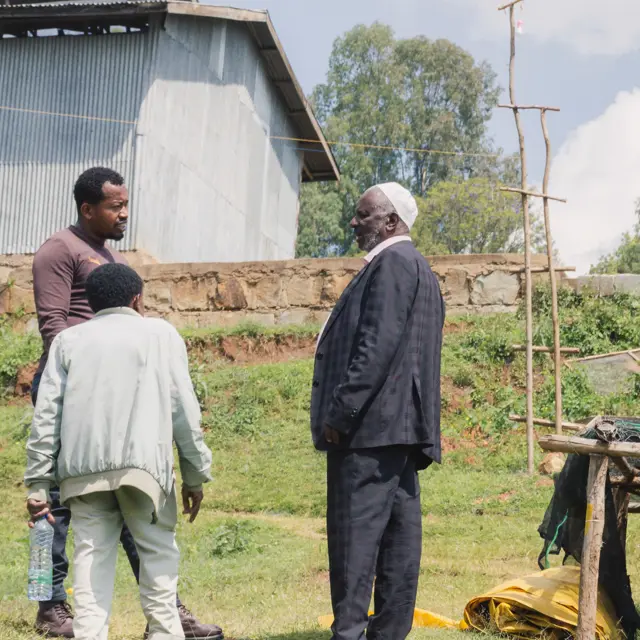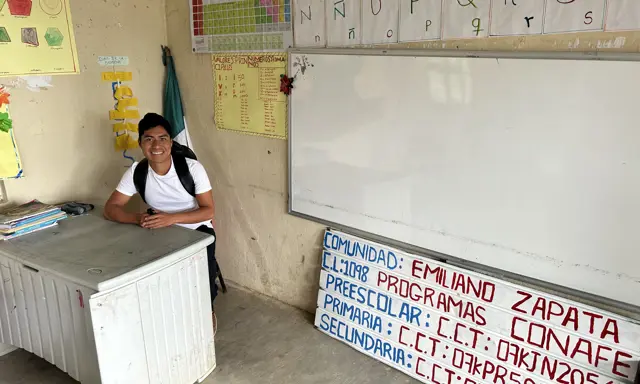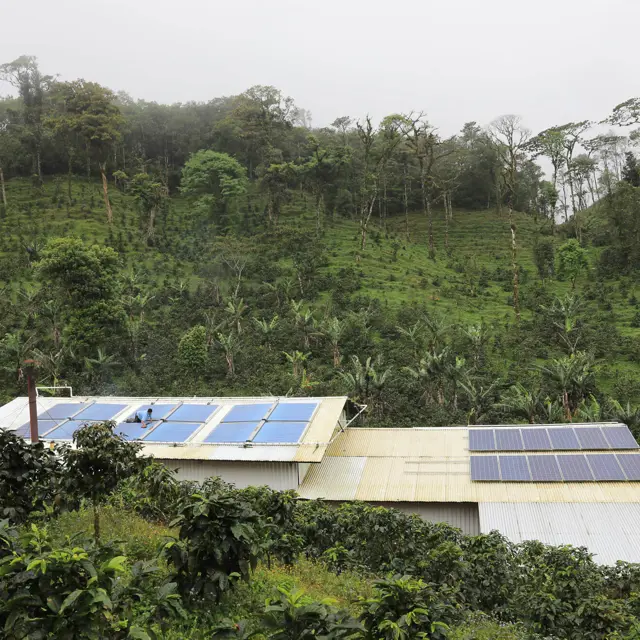
Why We Choose Impact Trade Over Certification
By Johan Blasberg, Green Coffee Buyer and Sourcing Lead at Scanomat
At Scanomat, we fully support responsible coffee sourcing, fair farmer payments, and long-term sustainability. Fairtrade and other certifications, such as Rainforest Alliance, have done impressive work in raising awareness about these issues and creating better opportunities for so many producers around the world.
We respect the ambitions of these certifications and share the same fundamental goal: ensuring that coffee farmers receive fair compensation and have opportunities for a better future. Our decision not to certify is not a rejection of their mission but a choice to follow a different model.
We have chosen a different approach that we believe is better suited to the coffee we work with and the impact we aim to achieve. This is why we created Impact Trade.
Impact Trade
Impact Trade is our direct trade model that prioritises farmer independence and invests in community-driven projects. By working closely with producers, we aim to ensure that both pricing and project decisions directly benefit their farms, families, and local environments, while empowering them to set prices that reflect the true quality of their coffee.

Why Certifications Don't Fit Specialty Coffee
Fairtrade and Rainforest Alliance were designed primarily for commodity-grade coffee and do not factor in quality, relying instead on minimum pricing structures to protect farmers from market fluctuations. They were created in a more stable market environment where coffee prices were extremely low. While these minimum prices have historically served as an important safety net for many producers, they do not work as effectively in volatile markets. Additionally, Rainforest Alliance can use a “mass balance” approach, meaning only a portion of the coffee in a blend needs to be certified for the logo to appear, leaving it unclear how much is truly sourced under certified standards.
Selective Partnerships
We work exclusively with Specialty Coffee, where farmers can command significantly higher prices based on the quality of their beans. Unlike certification programs that require standardised oversight, we have the flexibility and privilege to carefully select our partners and farms. We take pride in our trusted network, which allows farmers to set their own prices and trade more freely without relying on multiple intermediaries.
Instead of a standardised pricing model, we negotiate directly with our partners, ensuring they receive well above Fairtrade’s minimum price while also investing in projects that improve their farms and communities.
We work exclusively with Specialty Coffee, where farmers can command significantly higher prices based on the quality of their beans.
Certification Costs and Transparency
Using certifications would require us as buyers to pay big licensing fees, while cooperatives often must cover additional certification and audit costs - which can indirectly impact farmers’ earnings. Fairtrade sets a minimum price for coffee to protect farmers when market prices drop. However, when market prices rise above this minimum, as they have in recent years, Fairtrade-certified farmers do not receive additional financial benefits beyond the standard cooperative premium. This Premium provides a cooperative or NGO with an extra $0.20 per pound, but it doesn’t necessarily end up benefiting the farmer.
The total cost of certification can add anywhere from $0.50 to $1.00 per kilo of green coffee. A large portion of these fees goes to administration and marketing rather than directly benefiting producers.
At Scanomat, $0.20 is also our standard Impact Premium, which is separate from the higher prices we pay for quality coffee. Rather than being absorbed into third-party oversight, our impact premium is earmarked for community-driven projects, such as, farm-level investments in sustainability, education, and infrastructure directly benefiting farmers, their families, and the local environment.
A Practical Approach for Lasting Impact
We believe that by working directly with farmers, we can create a more effective and adaptable model that supports both quality coffee production and long-term sustainability. Instead of relying on fixed pricing structures and external certification bodies, we focus on fair pricing, transparency, and meaningful investment in farming communities.
This approach allows us to prioritise quality, build strong partnerships, and ensure that the funds we contribute go precisely where they are needed the most.

Alfonso at the one of the schools we're supporting.
In Mexico, we have partnered with rural communities in Chiapas to address the growing education gap through the Connecting Schools initiative.
Solar panels at Finca Jesper in Nicaragua.
In Nicaragua, we have supported several pilot projects aimed at implementing more sustainable energy sources in the coffee production.
